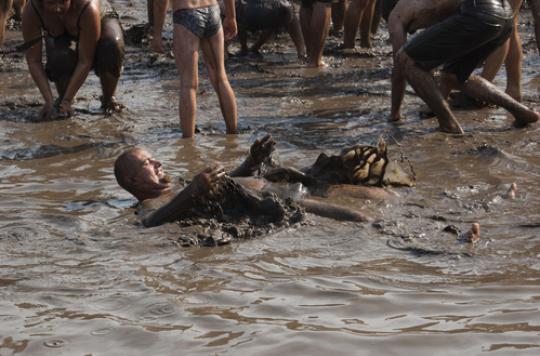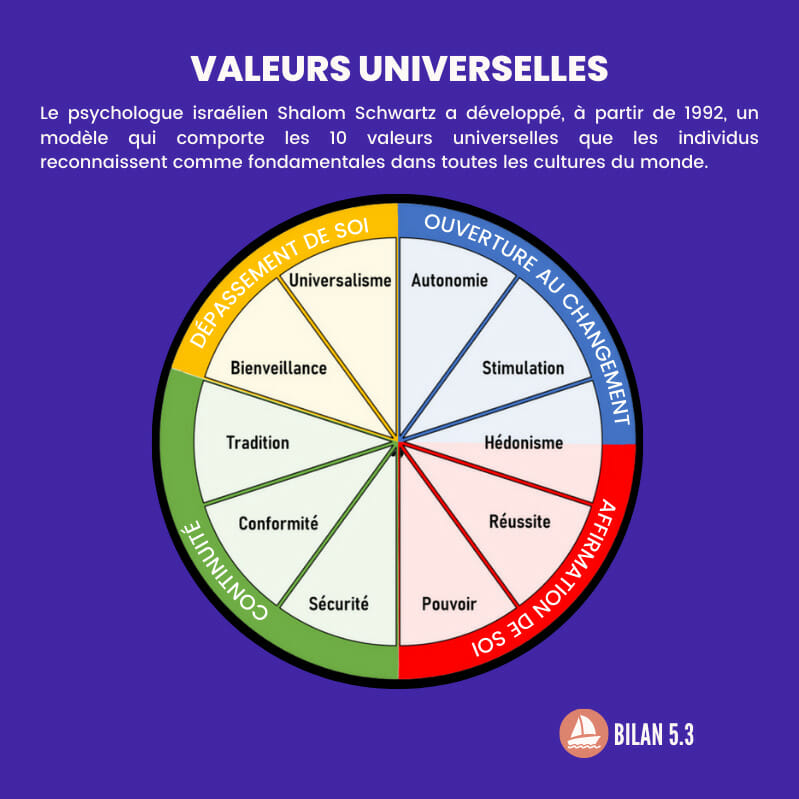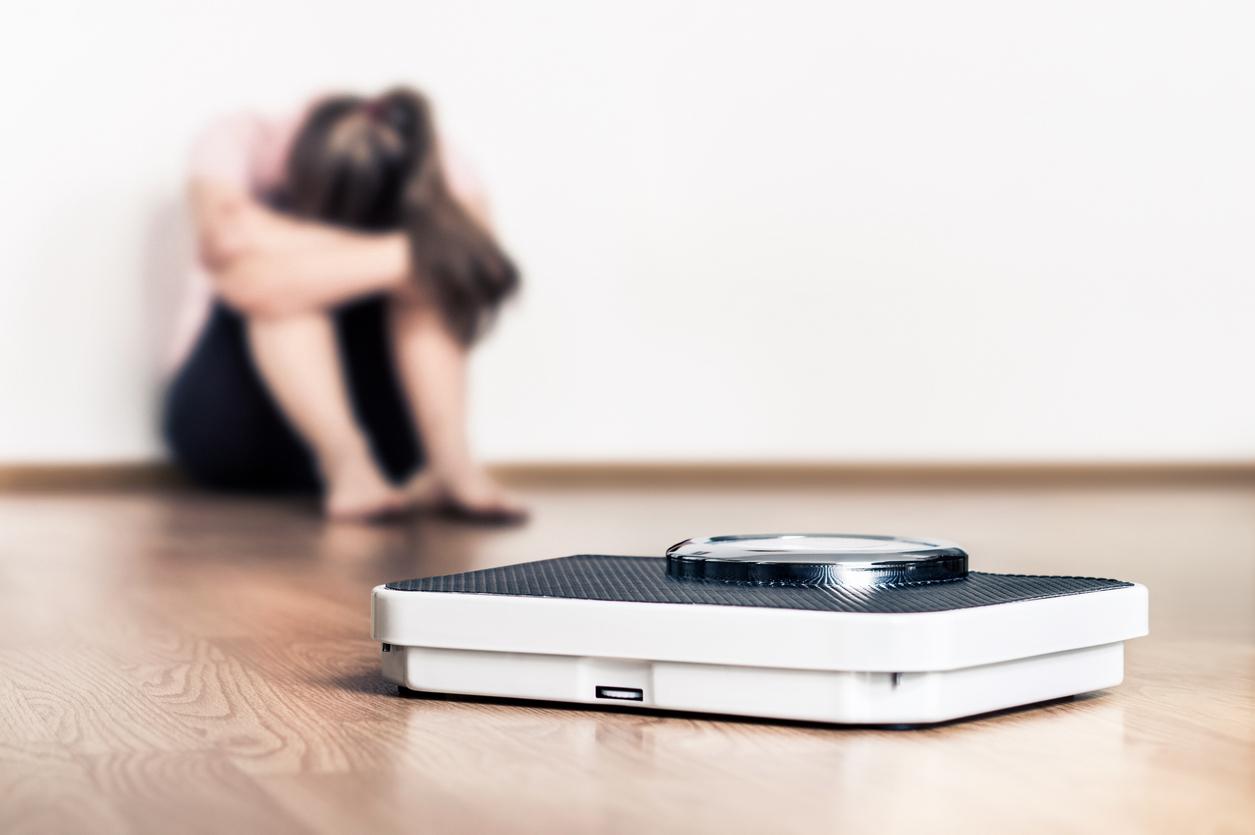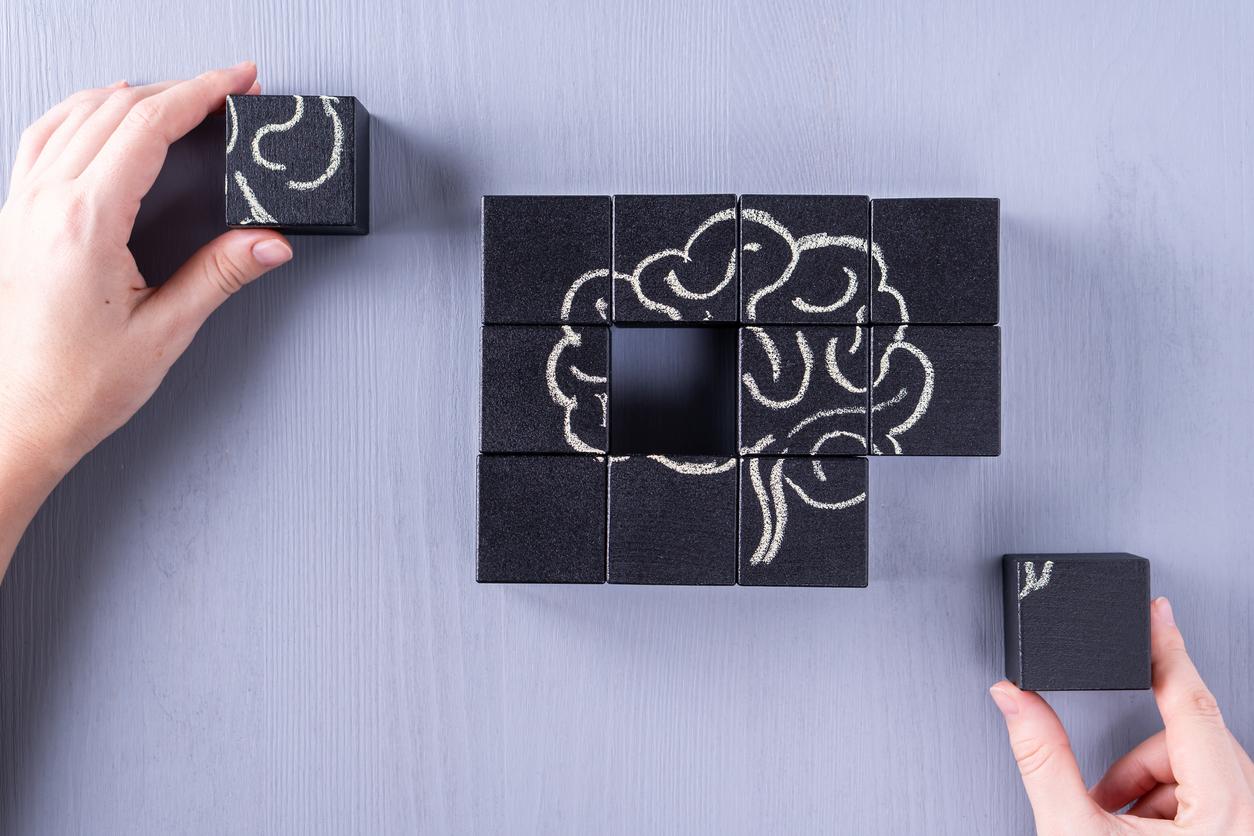Consuming your own droppings is linked to atrophy of the median temporal lobe. This is what a study conducted in the United States shows.

Eating your own turds would never occur to you. Monkeys, pigeons and dogs consume feces on a regular basis. But when reason crumbles, amazing behaviors can appear. Coprophagia is one of them. A team from the Mayo Clinic (Rochester, Minnesota, United States) explains, in the Journal of Neurology, that it can be largely related to atrophy of certain areas of the brain.
Effective treatment
Coprophagia remains rare. Of the 67,000 patients followed for dementia between 1995 and 2015 at the Mayo Clinic, only 27 files reported the consumption of human excreta. The behavior was proven in 17 of them. The researchers kept only 12 patients for their study because the diagnosis had been made for at least a decade. On average, they were 55 years old.
According to the results, coprophagia occurs in one in 10,000 cases in people with dementia. But Keith Josephs, the study’s first author, believes the cases may be underreported to healthcare professionals. “There is a treatment,” he recalls. Indeed, the antipsychotic haloperidol allowed an improvement in 4 people.
No nutritional deficiency
Coprophagia is linked to degeneration in the brain. Brain scans of six patients revealed atrophy of the median temporal lobe, which houses the amygdala in particular. In this group, the cause of the atrophy is not known. In the remaining patients, who did not have dementia, the researchers implicate age, seizures and metabolic changes.
However, coprophagia does not manifest itself alone: this behavior is accompanied by additional symptoms such as hypersexuality, the tendency to play with one’s feces or to consume all kinds of objects, and marked aggressiveness. Not surprisingly, these patients are at high risk of infection, and even death. But surprisingly, they don’t suffer from nutritional deficiency.
.















